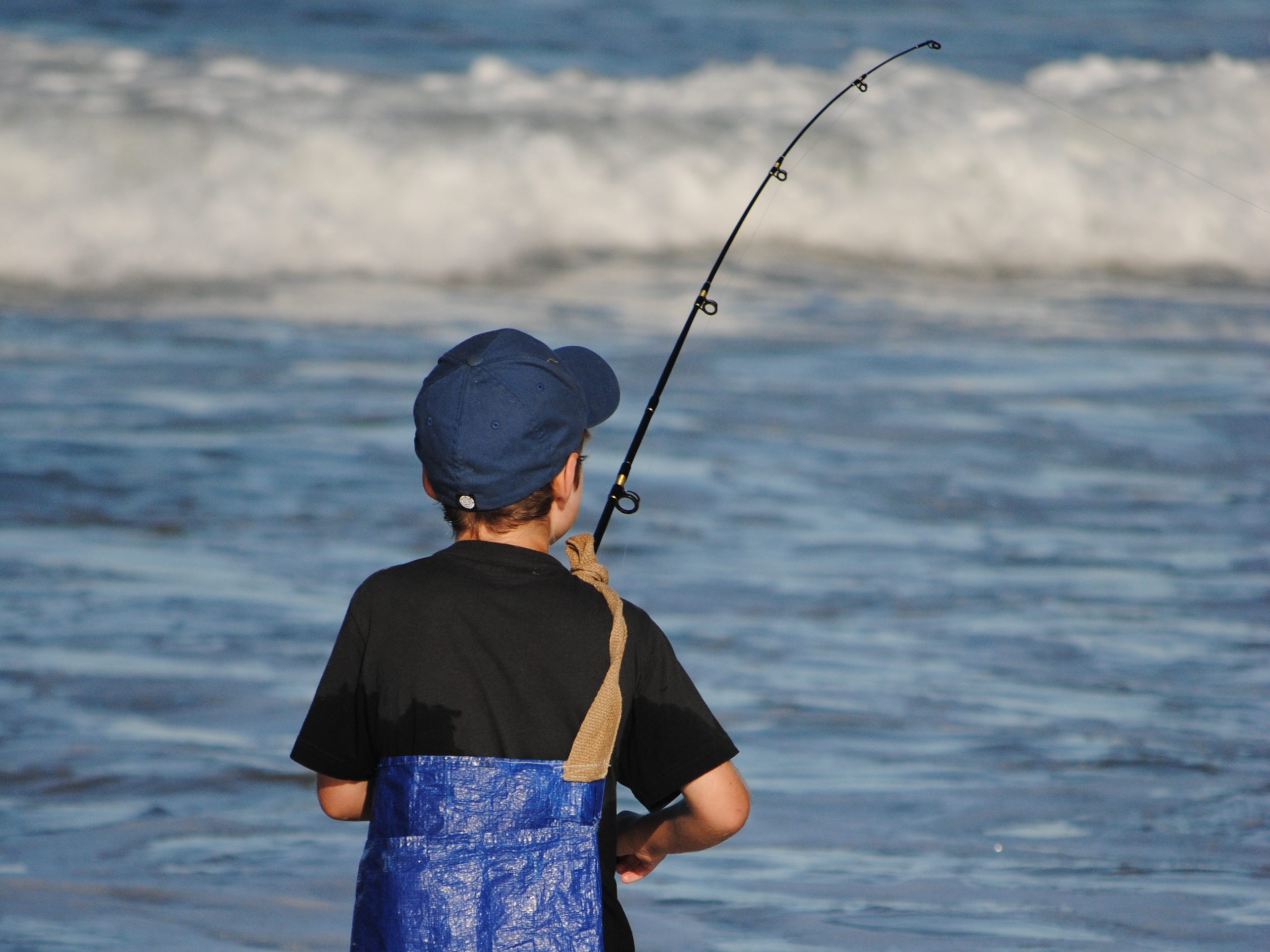
Queensland is naturally blessed with a diverse array of world-class seafood, as well as outstanding recreational fishing opportunities in both marine and freshwater environments. Both commercial and recreational fishing make valuable contributions to regional economies, and access to fresh, local seafood and ’throwing a line in the water’ are a big part of the Queensland way of life.
Nevertheless, the systems that had evolved over time to manage and share access to Queensland’s fish stocks were, by any measure, exceedingly complex and inadequate to deal with the modern challenges faced by its fisheries. In short, there had been too much regulation, with too little strategy. Many stakeholders had characterised the arrangements as ’band-aids upon band aids’ and this was not too far from the mark. In the absence of clear structure and ‘rules of the game’, passionate debates over resource allocation continued unabated without any clear sense of resolution, commercial fishers had difficulty in planning the future of their businesses, recreational fishers were frustrated that angling hadn’t been given the recognition it deserves and Government officials lacked a clear sense of direction and purpose in the management of fisheries.
In response to ongoing concerns about the state of fisheries management, on 6th March 2014 the then Queensland Minister for Agriculture, Fisheries and Forestry, Hon. John McVeigh, announced “a wide-ranging review of fisheries management in Queensland to deliver a better system for the state’s commercial and recreational fishers”. MRAG Asia Pacific was commissioned to undertake the review, using a Review Team led by Professor Glenn Hurry, and comprising Duncan Souter, Tom McClurg and Dr Michael Sissenwine.
As part of the review, the Review Team conducted extensive consultation with stakeholders including 17 public meetings from the Gold Coast to the Torres Strait, with over 500 attendees in total. In addition, around 280 written submissions were received from fishers, environmentalists, government agencies and others.
The review report responded to the aspirations of Queenslanders by charting a new course for fisheries management. The framework proposed set out a clear central strategy for the management of fisheries, based on maximising benefits from the use of Queensland’s fish stocks, and was supported by a fisheries management system of integrated components that work together to achieve the objectives of the strategy.
Recommendations for the design of a future fisheries management system capable of supporting the strategy and delivering on the aspirations of all Queenslanders, including future generations, were proposed. These were structured around the eight main components of a ‘good fisheries management system’ highlighted by the Review Team through a ‘best practice’ review of Australian and international jurisdictions, namely: (a) policy, legislation and decision making, (b) allocation and harvest controls, (c) monitoring, information collection and assessment, (d) management of non-target species and ecosystems, (e) compliance, (f) stakeholder participation, (g) performance review and (h) resourcing.

info@mragasiapacific.com.au
(07) 3371 1500
2/29 Woodstock Road
Toowong QLD 4066
© 2021 MRAG Asia Pacific. All Rights Reserved.